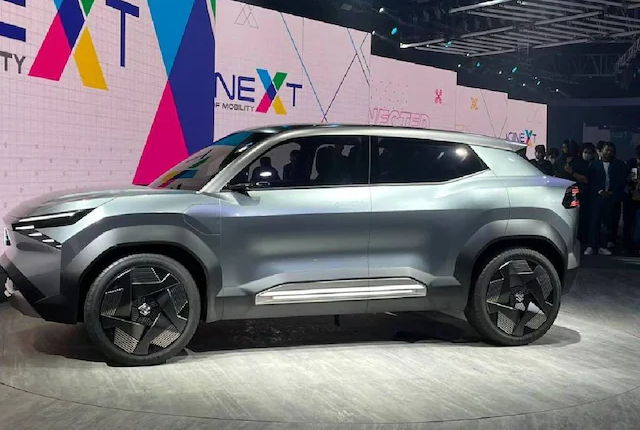The electric vehicle (EV) market is currently experiencing a dynamic phase of expansion, largely driven by a convergence of consumer interest, technological advancements, and supportive government initiatives. As of 2021, the global electric vehicle charging station industry was valued at $16.6 billion, with forecasts predicting a dramatic increase to $226.3 billion by 2031, which equates to a remarkable compound annual growth rate (CAGR) of 30.5% from 2022 to 2031. This growth is because of rising adoption of electric vehicles, fueled by an increasing awareness of environmental issues and the need for sustainable transportation solutions. While the market is poised for growth, it faces significant challenges such as the high cost associated with developing robust charging infrastructure.
In the near future, the EV market is expected to witness several transformative developments, particularly in the realm of charging technology and infrastructure expansion. One of the most notable trends is the growing demand for faster charging solutions. Level 3 DC chargers, capable of delivering rapid charge times, are gaining traction among consumers who prioritize convenience and efficiency. Innovations like ABB's Terra 360, which can charge most electric vehicles in under 15 minutes, take this toward faster and more efficient charging options. Additionally, the emergence of vehicle-to-grid (V2G) technology presents a opportunity to optimize energy consumption and enhance grid reliability. This bidirectional energy flow allows EVs not only to draw power from the grid but also to return energy when needed, providing a dual benefit for users and energy providers. Furthermore, the development of wireless charging solutions is expected to enhance convenience, allowing for seamless charging experiences without the need for physical connections, thereby appealing to a broader range of consumers.
The future of the EV market is highly promising, characterized by sustained growth driven by a combination of technological innovation, increased consumer demand, and favorable regulatory environments. The Asia-Pacific region is anticipated to be at the forefront of this growth, with countries like China and Japan leading the way in expanding their EV infrastructure. China, for instance, has made significant investments, installing over 800,000 public EV charging outlets by the end of 2020. Similarly, Japan is enhancing its charging network through strategic collaborations, such as the partnership between Porsche Japan and Audi Japan aimed at establishing rapid charging stations. Europe is also expected to see substantial investments in charging infrastructure, with automotive giants like Volkswagen planning to install thousands of charging stations by 2025. This trend toward increased investment in charging networks will support the growing adoption of electric vehicles, while ongoing advancements in technology and the push for sustainability will further enlightened EVs as a future automotive landscape. The electric vehicle market is set to evolve into a critical component of global transportation, offering sustainable and efficient mobility solutions.




